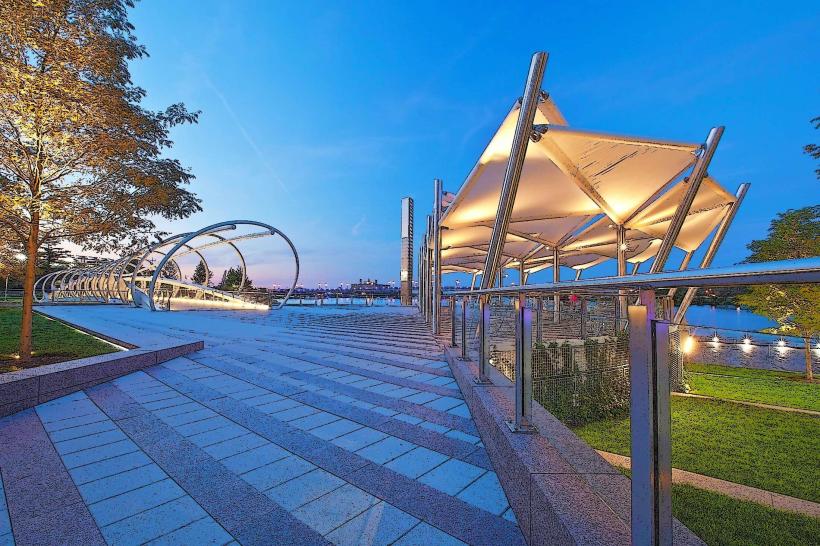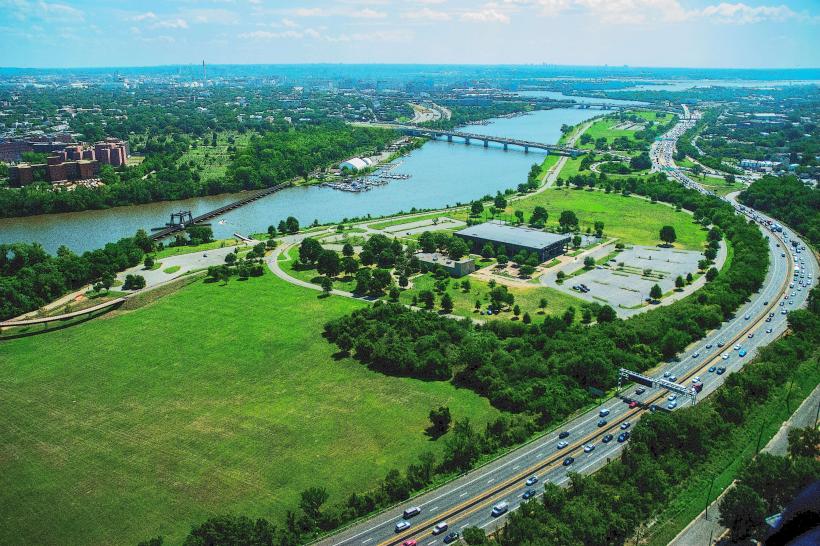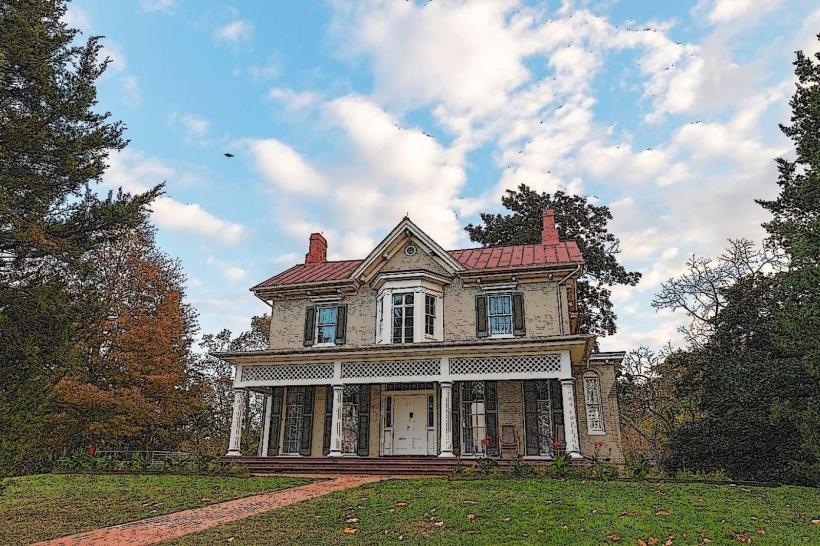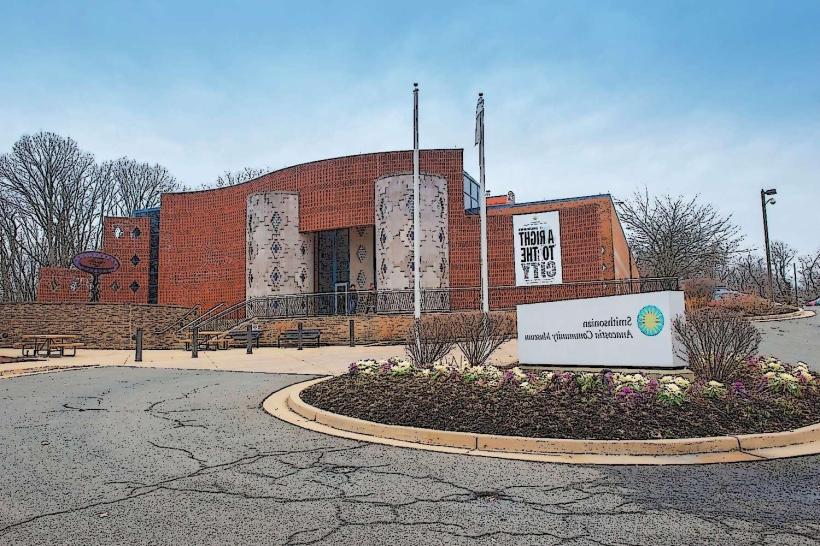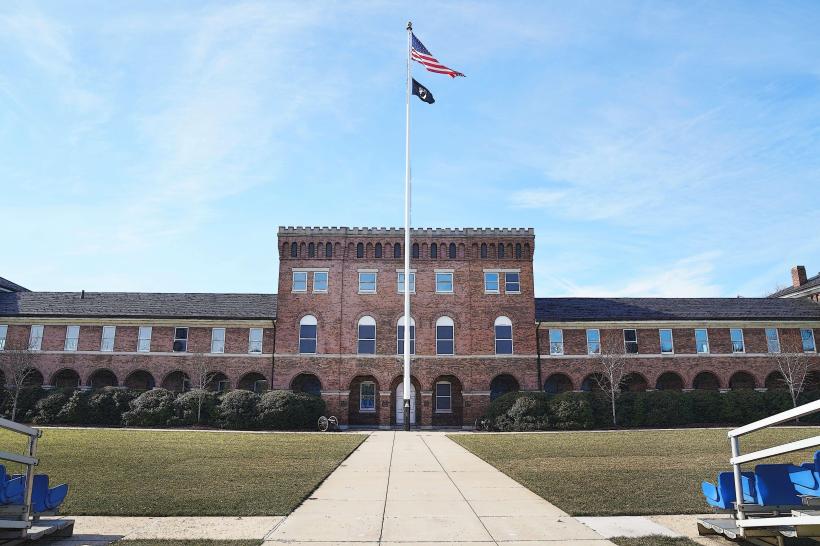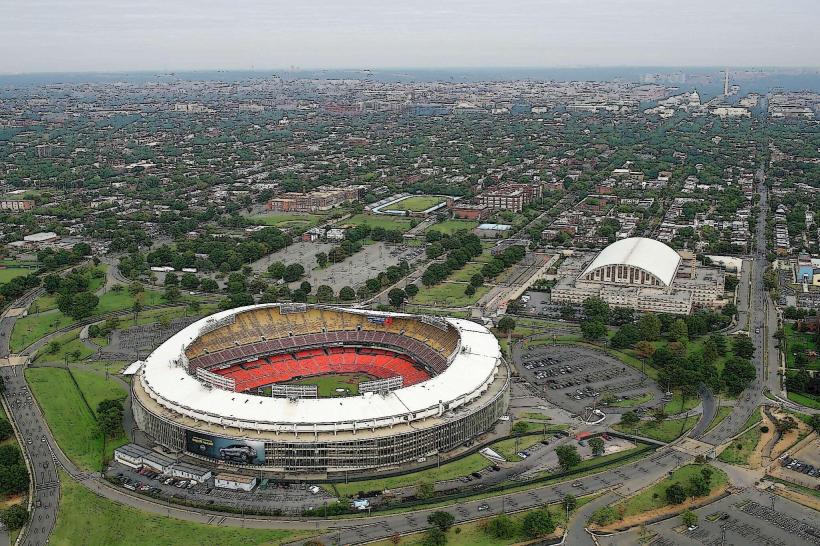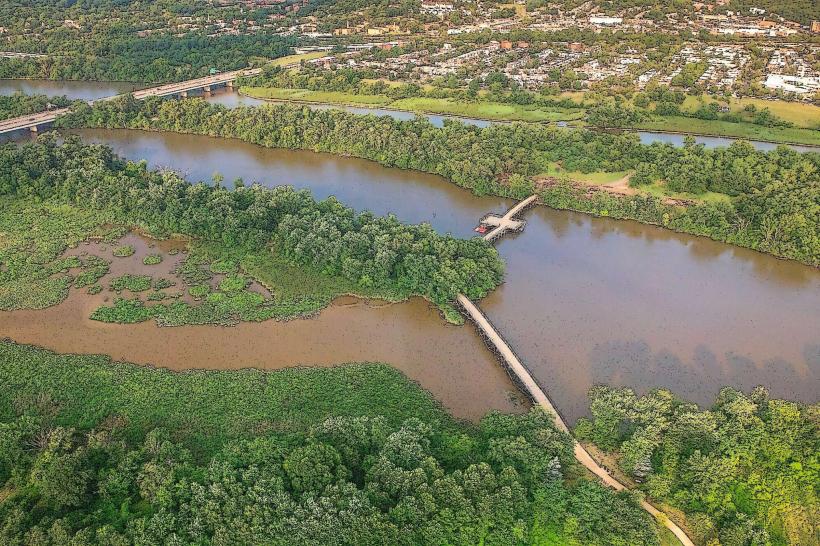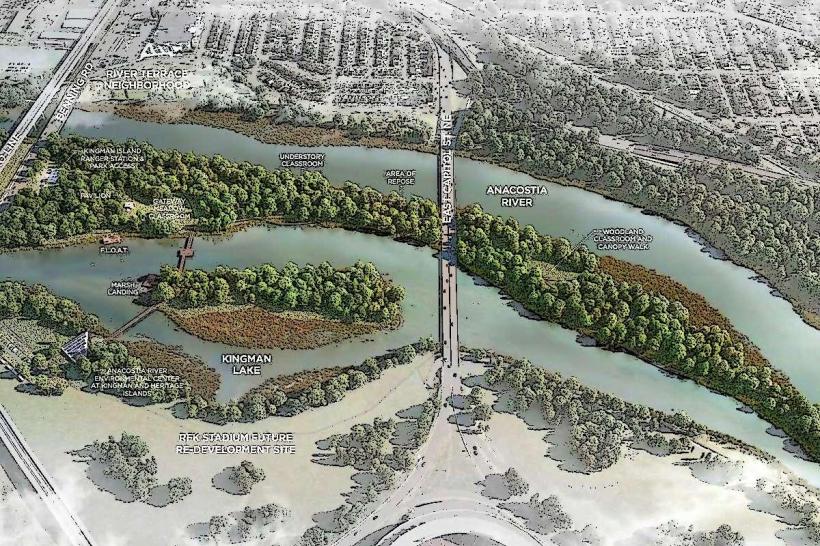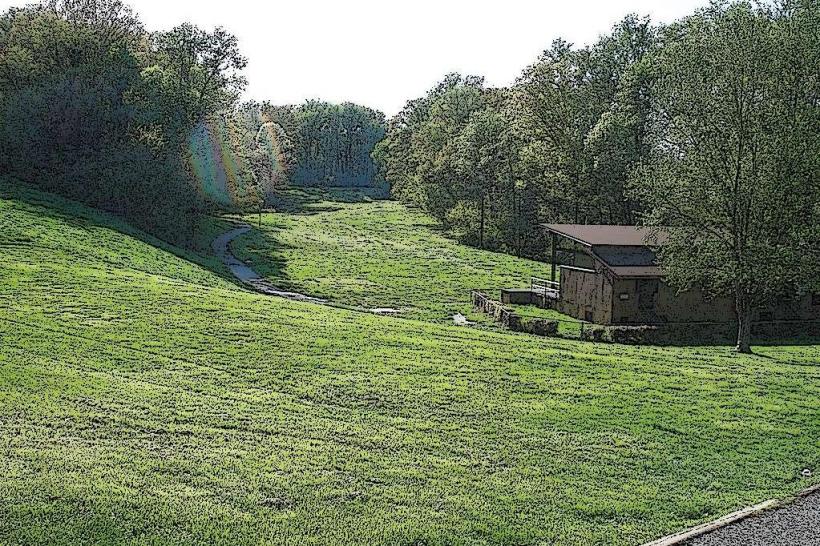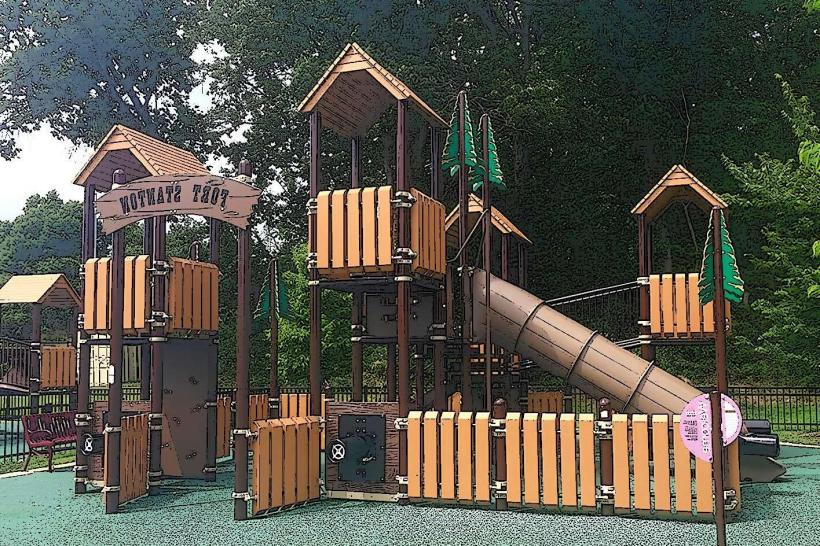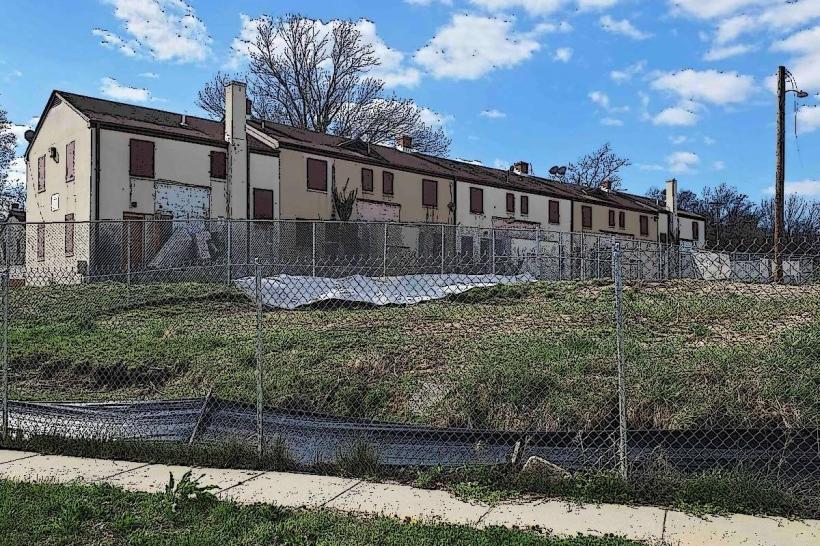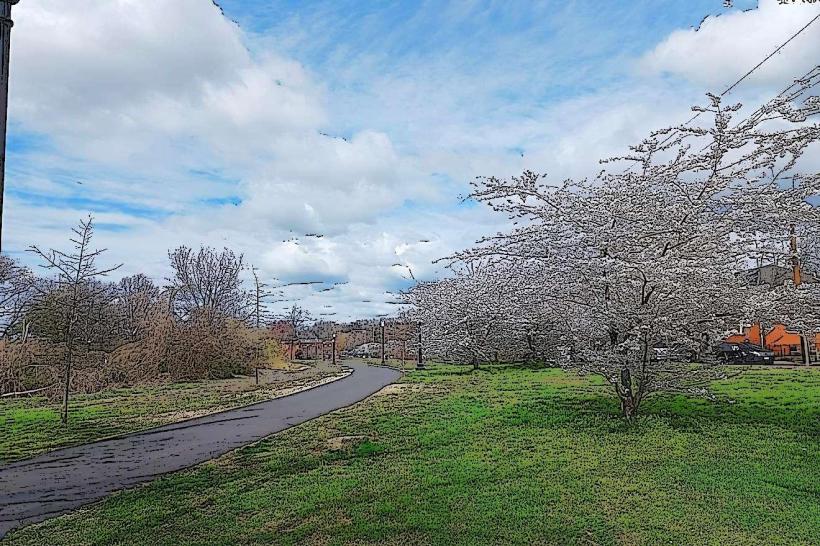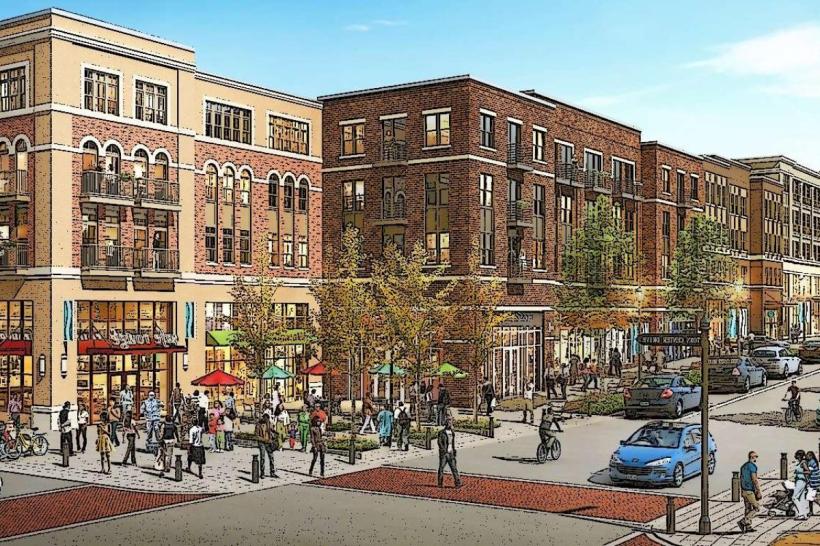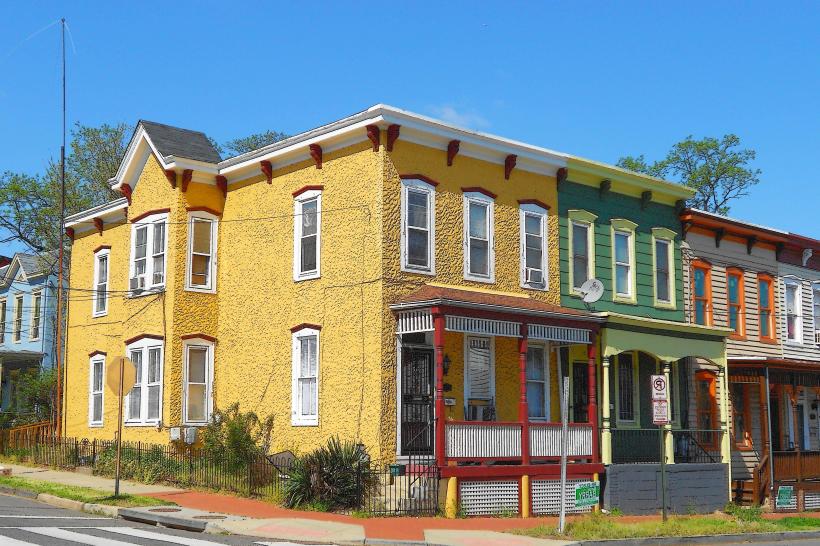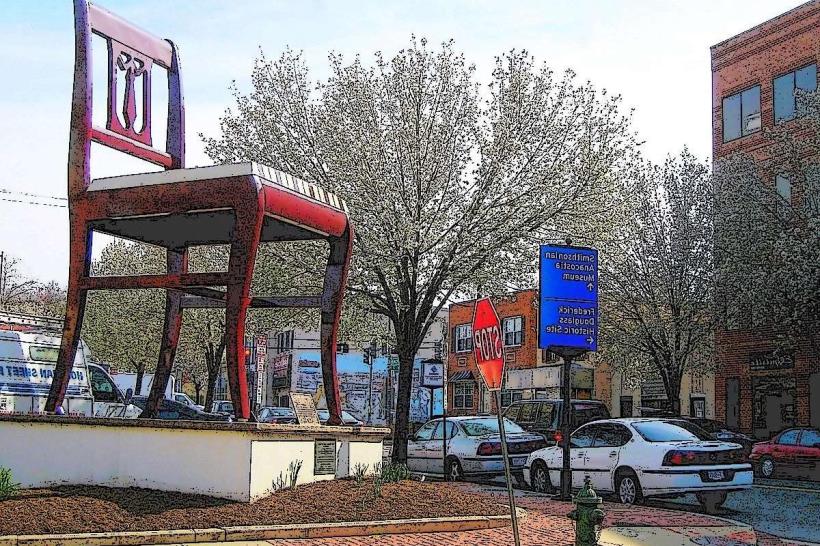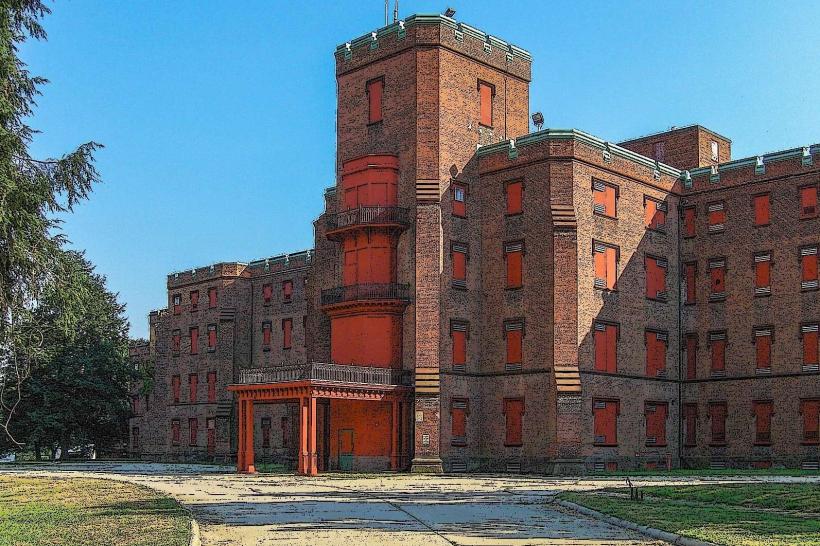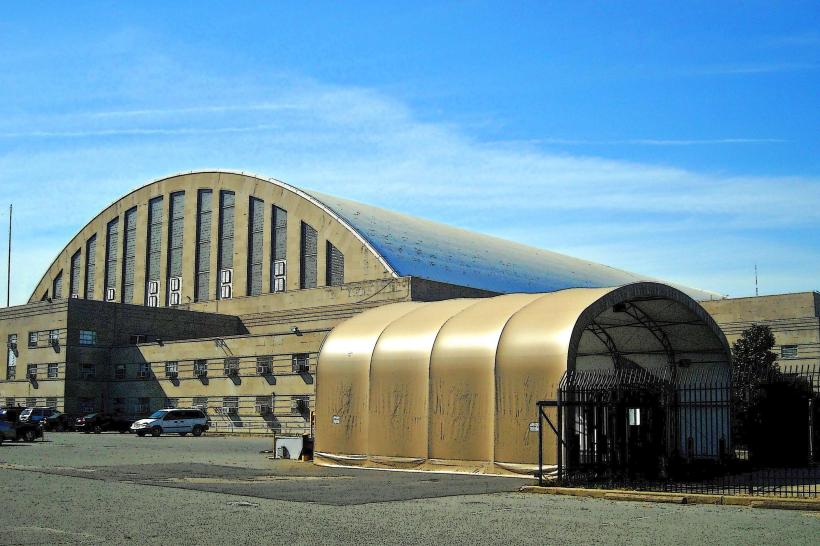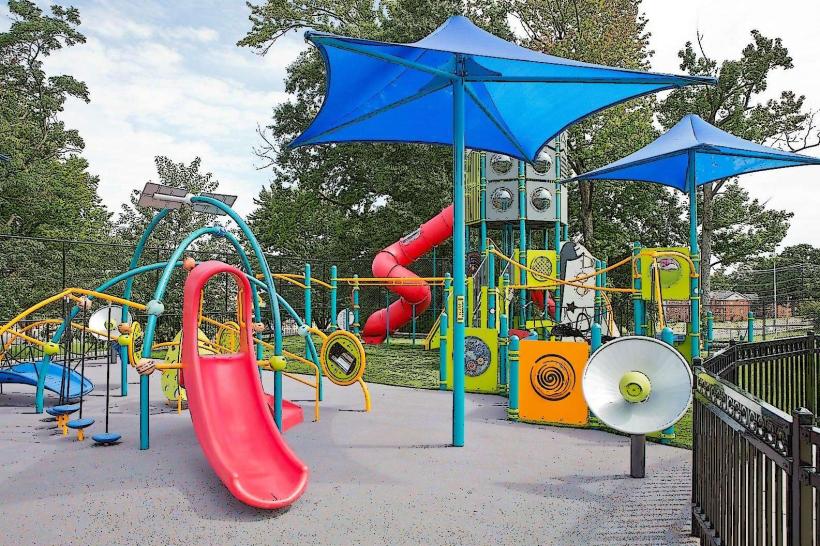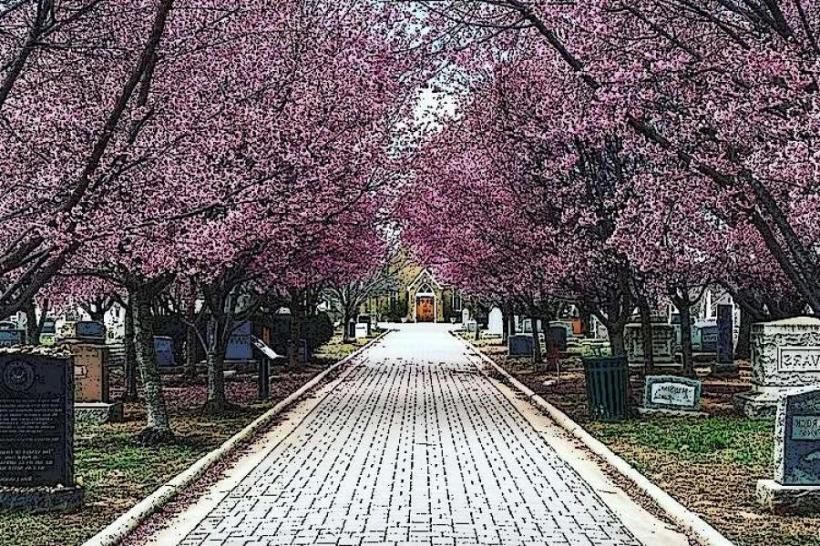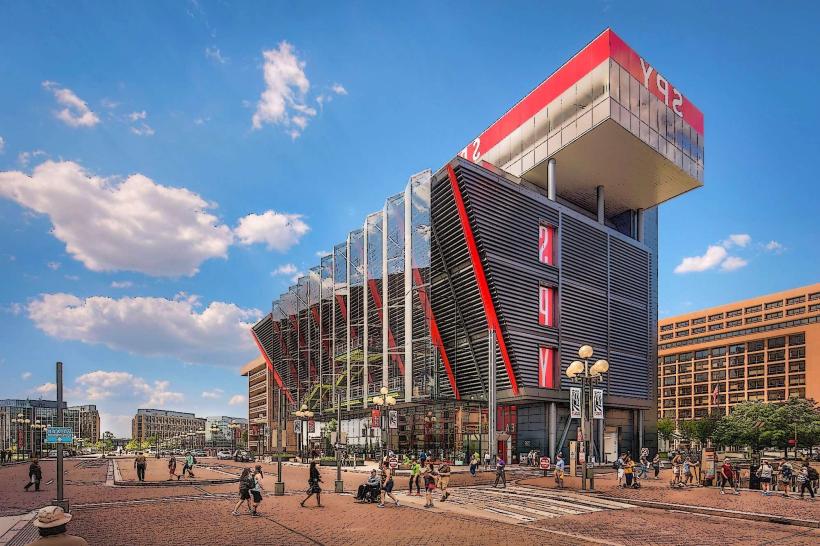Information
Landmark: Fort Davis ParkCity: Southeast Washington
Country: USA Washington DC
Continent: North America
Fort Davis Park, Southeast Washington, USA Washington DC, North America
Fort Davis Park is a historically significant site located in the southeastern quadrant of Washington, D.C., within the Fort Davis neighborhood. It represents an important element of the Civil War defenses constructed to protect the capital from Confederate attacks. The park today offers a blend of historical preservation and community recreational use, providing insight into 19th-century military engineering alongside modern urban green space.
Historical Background
Fort Davis Park traces its origins to the early months of the American Civil War in 1861, when the Union government undertook an ambitious project to encircle Washington, D.C., with a ring of fortifications. This defensive network, known as the Civil War Defenses of Washington, included more than 60 forts strategically placed to safeguard the city from Confederate invasion.
Fort Davis was one of these fortifications, constructed in August 1861. It was named in honor of Colonel Benjamin F. Davis, a Union cavalry officer who was killed at the Battle of Beverly Ford in Virginia in 1863. The fort was designed as a small hexagonal earthwork with a perimeter of approximately 220 yards. It featured placements for up to 12 artillery guns, intended to guard the eastern approaches to Washington along the Anacostia River (formerly called the Eastern Branch).
Strategically, Fort Davis was situated to defend critical access points on the eastern flank of the city, working in concert with neighboring forts such as Fort Dupont to the north and Fort Baker to the southeast. Though it never saw direct combat or major engagements, Fort Davis formed an integral part of the Union’s layered defensive system that effectively deterred Confederate attacks on the capital throughout the war.
After the Civil War ended in 1865, the fortifications, including Fort Davis, were abandoned as military installations. Over time, natural vegetation reclaimed much of the earthworks, and urban development gradually surrounded the site.
Features and Landscape Today
Today, Fort Davis Park is managed by the National Park Service as a historic site within the Civil War Defenses of Washington. The park preserves surviving earthworks from the original fort, including raised earthen walls and remnants of the dry moat that once encircled the fort’s perimeter.
The remains are located within a densely wooded area, which provides a tranquil, natural setting. While the fort’s structure is discernible to those who visit, the site is not extensively developed for tourism or educational purposes. There are no formal trails or visitor centers on-site, and access to the fort’s earthworks requires navigating through forested terrain, making it a somewhat hidden historical gem.
A commemorative marker has been installed near the site to provide visitors with historical context about Fort Davis and its role during the Civil War.
Fort Davis Recreation Center and Community Role
Adjacent to the park is the Fort Davis Recreation Center, a key community resource serving residents of the neighborhood and greater Southeast Washington, D.C. The recreation center offers a variety of indoor and outdoor facilities, including:
An indoor gymnasium suitable for basketball, volleyball, and other sports
Multipurpose rooms for meetings, classes, and community events
A commercial kitchen
Outdoor basketball and tennis courts
Playgrounds and picnic areas
This facility acts as a social and recreational hub, fostering community engagement and providing residents with opportunities for physical activity, social gatherings, and organized programs.
Accessibility and Location
Fort Davis Park is situated near the intersection of Southern Avenue SE and Fort Davis Drive SE. The surrounding neighborhood, also named Fort Davis, is roughly bounded by Southern Avenue to the south, Pennsylvania Avenue SE to the north, and Alabama Avenue SE/Bowen Road SE to the east.
Public transportation options include several Metrobus routes serving the area, with the nearest Metro stations being Naylor Road and Benning Road, each about a 20 to 25-minute walk from the park. The park’s location on the city’s edge makes it a peaceful retreat from the busier urban core.
Significance and Legacy
Though not the site of any battles, Fort Davis Park stands as a preserved reminder of Washington, D.C.’s extensive Civil War defense system and the strategic importance of protecting the nation’s capital. The park offers a rare opportunity to see original Civil War-era earthworks in an urban setting, making it valuable for historical study, education, and quiet reflection.
The combination of historical preservation with active community use through the adjacent recreation center underscores the layered character of the site-honoring the past while serving present-day needs. Fort Davis Park remains an important cultural and recreational asset for both residents and visitors interested in the rich history of the nation’s capital.


